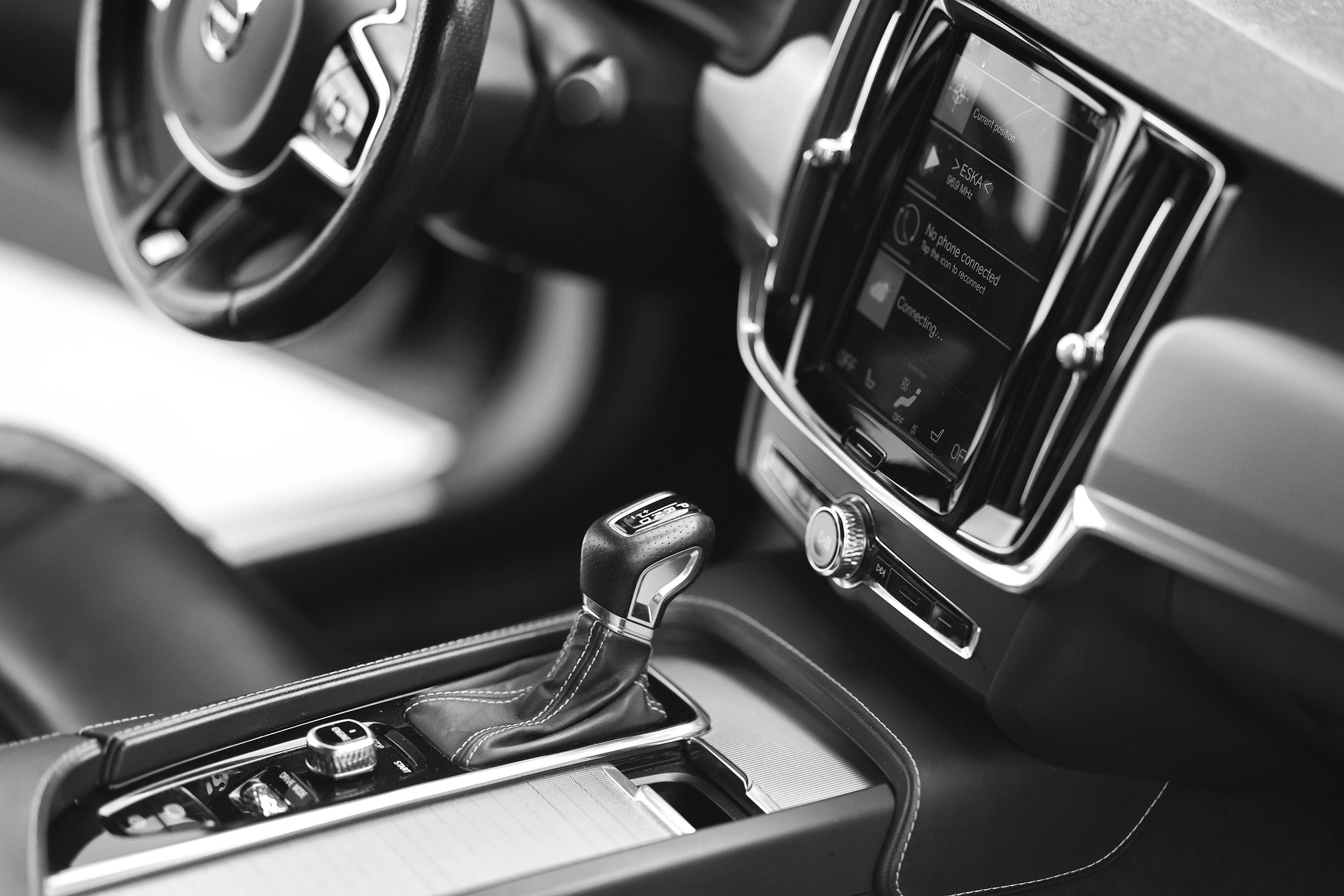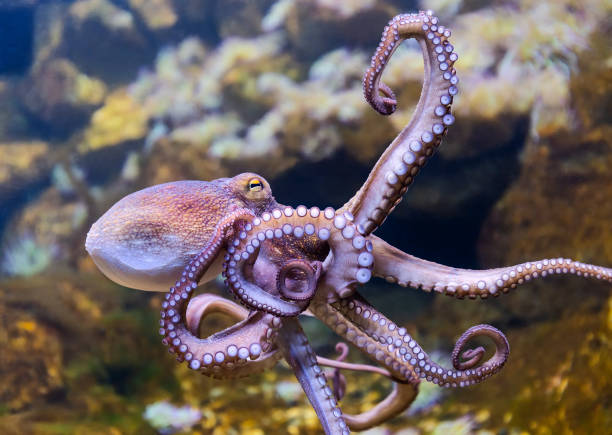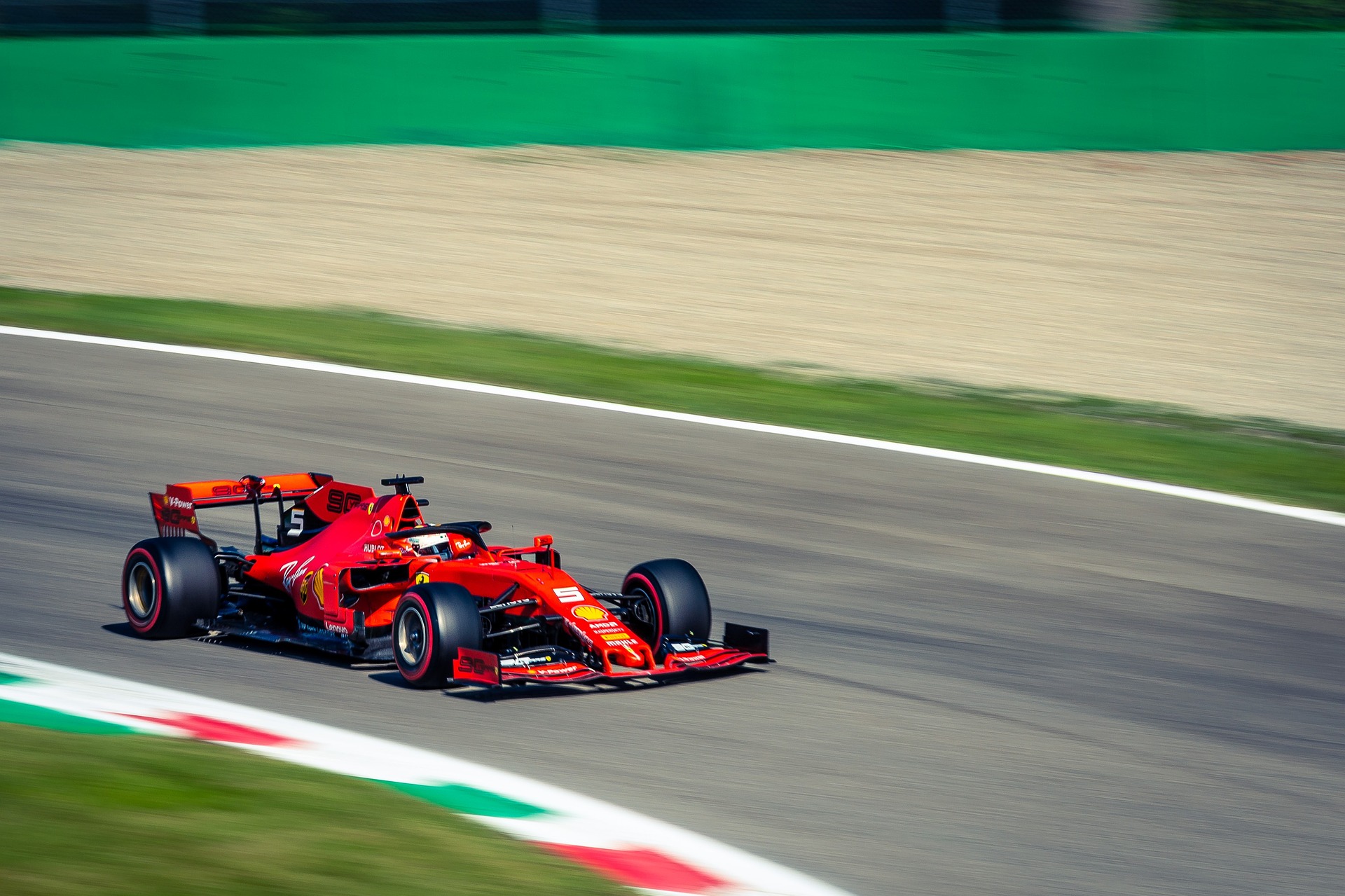"Decoding the Intricacies of Modern Diesel Engines: A Journey through their Past, Present, and Future"
Introduction: Imagine a world where diesel engines, often associated with loud noise, black smoke and environmental pollution, are reimagined and refined to be more efficient, quieter, and cleaner. Welcome to the era of modern diesel engines—where advanced technology and innovative engineering have transformed these powerhouses into more eco-friendly, performance-driven alternatives.
The Evolution of Diesel Engines: Tracing their Roots
Diesel engines have been around since the late 19th century, invented by Rudolf Diesel. His intention was to create an engine with high efficiency, and indeed, diesel engines are known for their superior fuel efficiency compared to their gasoline counterparts. However, traditional diesel engines were notorious for their noise, vibration, and harshness (NVH) levels, and their contribution to air pollution.
Modern Diesel Engines: A Technological Leap
Fast-forward to the present day, and the diesel engine has undergone significant evolution. The introduction of common-rail direct injection (CRDI) technology has revolutionized diesel engines. CRDI technology allows precise control over fuel injection, leading to better combustion efficiency and reduced emissions. Moreover, turbocharged diesel engines have become common, boosting power output while maintaining excellent fuel economy.
The Environmental Impact: Cleaner and Greener Diesels
Modern diesel engines have made impressive strides in reducing environmental impact. The introduction of Diesel Particulate Filters (DPFs) and Selective Catalytic Reduction (SCR) systems have dramatically reduced harmful emissions. DPFs trap soot particles, while SCR systems reduce nitrogen oxide emissions by injecting a urea solution into the exhaust stream.
The Challenges and Controversies: Navigating through the Dieselgate Scandal
Despite advancements, diesel engines have faced controversy. The Dieselgate scandal, where Volkswagen was found to be manipulating emission test results, highlighted potential issues with diesel engines. However, it also led to stricter emission standards and more rigorous testing, pushing the industry towards cleaner and more transparent practices.
The Future of Diesel Engines: Busting the Myths
Many believe that the future of the automotive industry lies in electric vehicles, and diesel engines are often perceived as a dying breed. However, diesel technology continues to evolve, and modern diesel engines have a lot to offer in terms of fuel efficiency and performance. While it’s true that stricter emission standards pose challenges, innovative solutions like hybrid diesel-electric technology indicate that diesel engines may still have a future in the automotive landscape.
In conclusion, while diesel engines have had a rocky past, their evolution into more efficient, cleaner engines cannot be ignored. As technology continues to advance, the diesel engine may yet find its place in the future of the automotive industry. The journey of the diesel engine is a testament to the power of innovation and the relentless pursuit of efficiency and sustainability in the automotive world.






